Rehearsing your wedding is crucial. What is also crucial is allotting the proper amount of time for it. In the hectic reality of wedding planning, it may be difficult to know how much time you’ll need. However, knowing this isn’t impossible and certain factors can help you gauge it.
With that said, the proper timing for wedding rehearsals is different in schedule and practice. Most people will typically schedule an hour for wedding rehearsals for any unexpected delays. However, in practice, wedding rehearsals usually take no more than thirty minutes.
That’s just a general estimate. This doesn’t account for certain circumstances or considerations that can shorten or lengthen the time of a wedding rehearsal. These can often be much more important when it comes to scheduling. How long your wedding rehearsals take will thus mostly depend on these specific factors.
How Long Do Wedding Rehearsals Take? 10 Important Factors to Consider
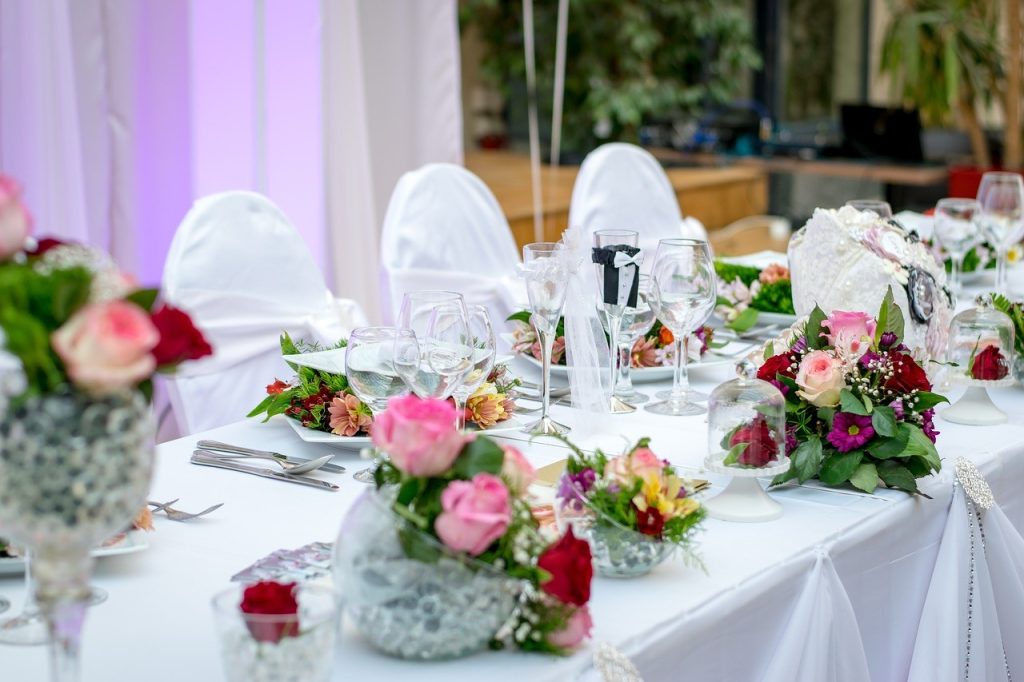
-
Number of participants
The number of attending guests, performers, and even staff can be a deciding factor in the length of your wedding rehearsal. If you have a large set of bridesmaids, groomsmen, ring bearers, flower girls, and other such guests, rehearsing them will take much more time.
Similarly, any specialists for performative events in your wedding ceremony, such as performers, bands, DJs, or MCs, will also need to be accounted for. The more special events you have, the more time your wedding rehearsal will need.
For a large wedding with plenty of performances, consider allocating at least an hour for your rehearsal. In contrast, if you’re having a very small wedding with only a few guests, your rehearsal shouldn’t take quite as long, and you will have plenty of time for other activities afterward.
-
Complexity of events
The complexity of your wedding ceremony will drastically affect how long a wedding rehearsal takes. This is especially true if you’re planning to include any highly performative or non-traditional events on your wedding day that may take a while.
As an example, if you have a wedding blending your and your partner’s cultures, then this will likely need much more time to rehearse properly, as this will mean more rituals or customs to rehearse for your wedding day.
Indeed, if your wedding ceremony has a diverse set of activities, such as readings, speeches, performances, customs, dances, and other special moments in the wedding, you will most likely need an extra half hour or so for your rehearsal. To better assess this, be sure to consult with your performers and participants in these special events.
-
Venue considerations
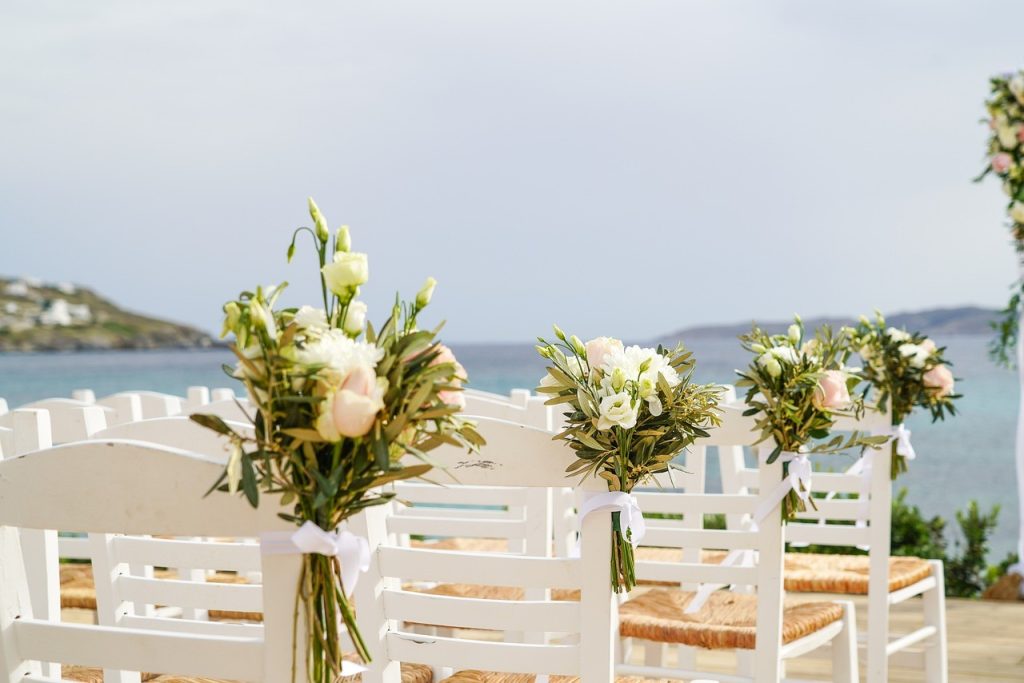
Consulting with your venue coordinator on the length of your wedding rehearsal is vital. Depending on their service quality, distance, and availability, the venue of your wedding can either shorten or lengthen your wedding rehearsal, which you’ll have to account for when scheduling this for all involved.
Moreover, wedding venues will either let you choose your rehearsal schedule or will decide this for you according to their available time slots. If possible, schedule your rehearsal at the same time of day as your wedding. However, in case your rehearsal becomes unusually long, such as two hours, be sure to check with your venue coordinator to determine whether this is feasible.
In any case, the best practice is to consult with your venue coordinator and let them know any crucial things to consider when setting the time and date for your rehearsal.
-
Familiarity with the wedding ceremony
If most of the people attending your wedding rehearsal already know many of the steps, it will take much less time to rehearse them. These are usually people who have already attended multiple weddings throughout their lifetimes, such as your parents, grandparents, and older relatives and guests.
With that said, it may be best to consider how many of those attending your wedding have been to weddings before. This can be an important factor in assessing the right length of time for your wedding rehearsal and figuring out where potential hiccups in rehearsing can come from.
-
Unique ceremonies, customs, traditions, and practices
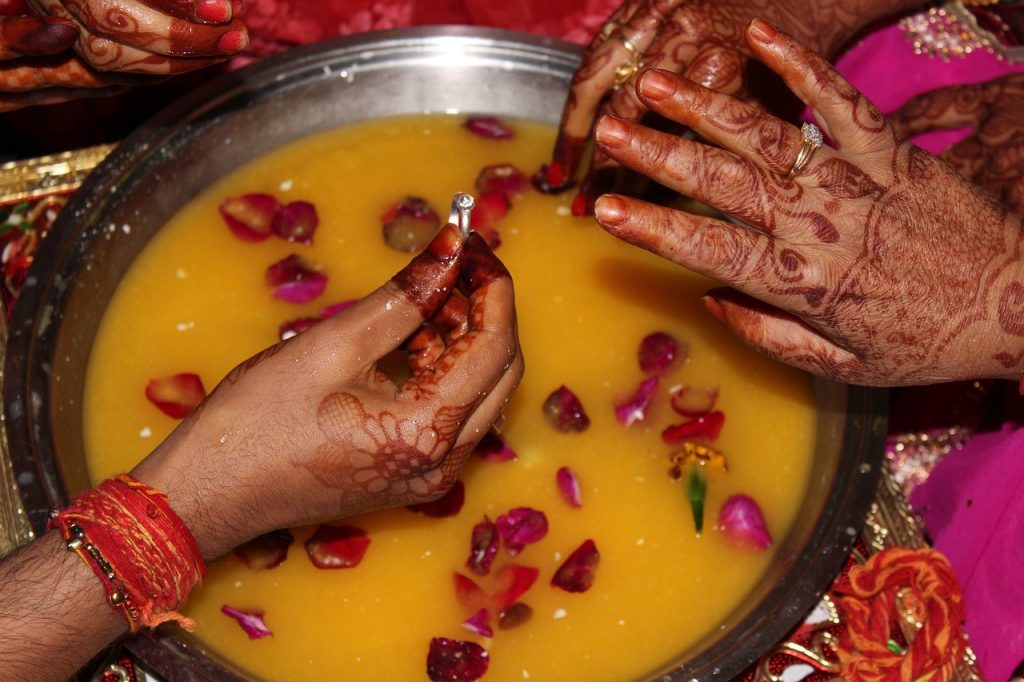
A wedding that goes against the grain (such as a highly non-traditional wedding, like double weddings) or a wedding that has many lengthy cultural or religious practices, can contribute to the length of time needed for your wedding rehearsal.
If all those attending are generally unfamiliar with any unique or unusual characteristics you and your partner wish to incorporate in your wedding, then expect a longer wedding rehearsal as everyone may need time to familiarize themselves.
-
Locations
Having two different locations for your wedding ceremony and reception will no doubt increase how long the wedding rehearsal takes. Pay close attention to the time of travel between the location of your ceremony and your reception, especially if you will be expecting many attendants.
If these two locations are very distant and require transportation, then you may need to factor in potential traffic if you’ll be utilizing public roads, as well as any potential technical difficulties with your transportation.
On a related note, also factor in any guests who may take up more time in traveling from one place to another, such as elderly attendants. It’s best to inform your venue coordinator or anyone else involved in planning your wedding rehearsal about any health considerations.
-
The rehearsal dinner
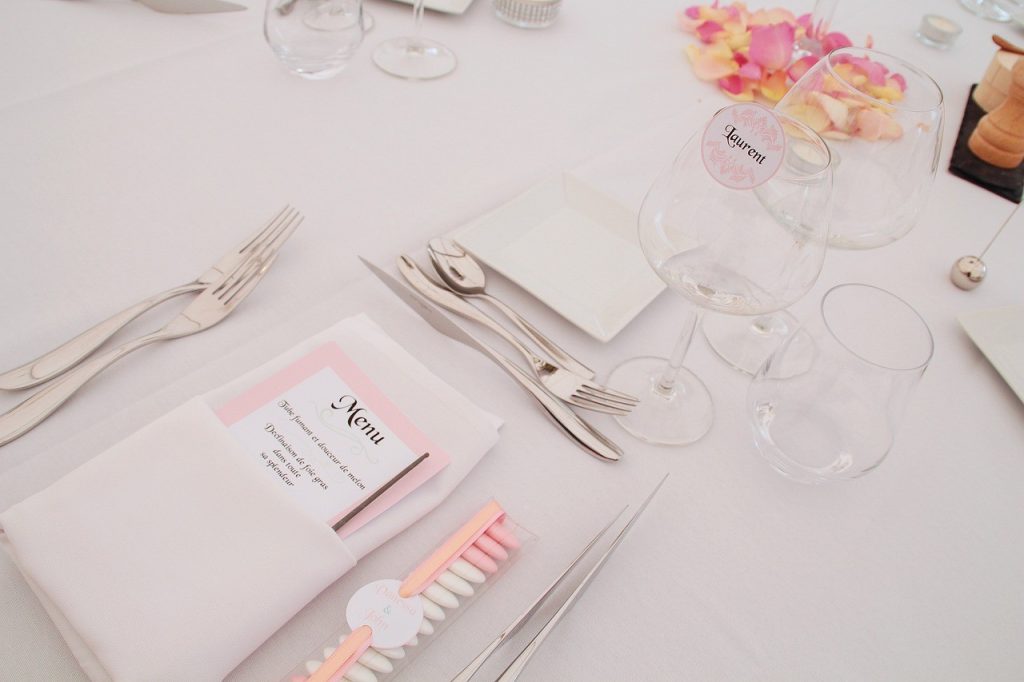
Your rehearsal dinner will largely affect the time and length of your wedding rehearsal. Traditionally, the rehearsal dinner happens on the same day as the rehearsal itself, although some couples opt for the dinner to happen the day after the rehearsal.
A rehearsal dinner on the same day will most likely mean that you’ll have to set the rehearsal itself during the day to have enough time. If this is not possible due to special circumstances, then you may need to shorten the length of your rehearsal to allow adequate time for the dinner.
A rehearsal dinner on the next day (which is not as traditional) will typically mean more time for the rehearsal itself and the potential for it to occur at night. This is usually done because of scheduling conflicts or because a couple may prefer to relax before the rehearsal dinner.
-
Breaks
Breaks will undoubtedly increase the time of your wedding rehearsal, especially if this rehearsal will be lengthy due to numerous attendees or a complex set of events. Breaks will also be crucial if you will be expecting attendees who fatigue easily, such as those who are elderly or are exhausted from travel.
That said, if your rehearsal lasts for more than an hour or if it involves a lot of tiring activities, you may want to incorporate a fifteen to thirty-minute break to help replenish people’s energy. Complement this with food and refreshments to get everyone back up to speed.
-
Schedules of attendees
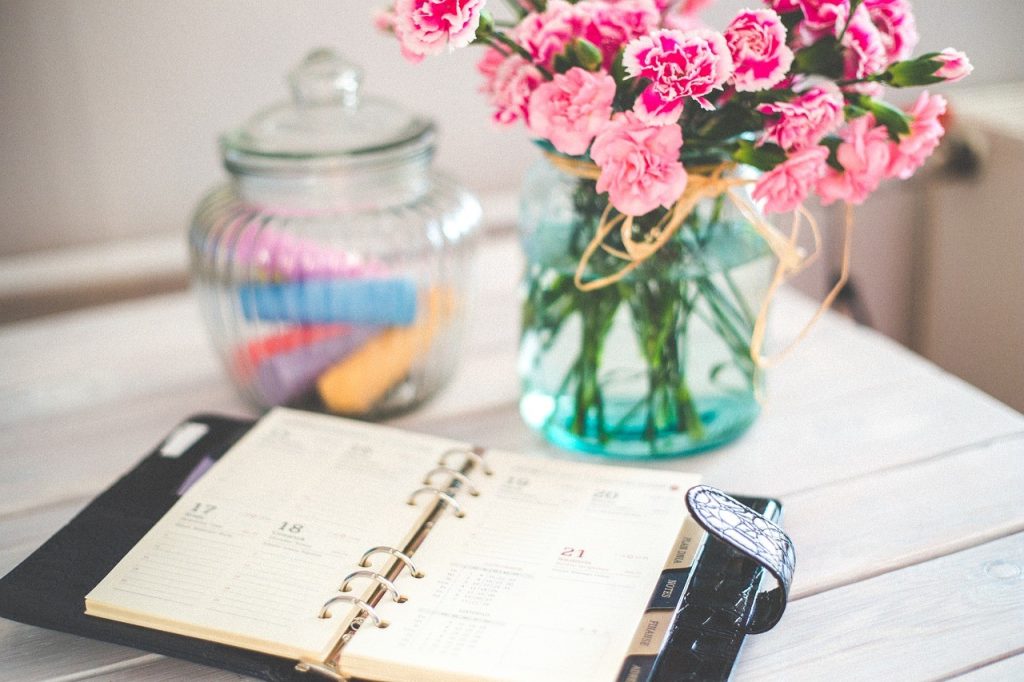
Being aware of the schedules of your attendees will be critical to setting your wedding rehearsal’s time and length. For example, if there are important attendees who tend to be chronically late, you may need to consider setting your wedding rehearsal at an earlier time or allocating an extra half hour to account for late arrivals.
Another instance is if many attendees, especially VIPs, are on tight schedules due to established reasons or unexpected circumstances. If this is the case, you may want to shorten the time of your wedding rehearsal.
In any case, the schedule of the most significant attendees takes priority. The rehearsal should ensure their presence and allow them enough time to practice the wedding ceremony.
-
Leeway time
In planning any event, mishaps can happen, and wedding rehearsals are no exception. From sudden technical difficulties that take a while to sort out, to VIP attendees that appear at the last minute, a lot of unanticipated turns can affect how long wedding rehearsals take.
Hence, when scheduling your wedding rehearsal, it’s good practice to include some leeway time, preferably no more than half an hour, so that everyone can adjust to any potential issues that may arise. This is especially true if you’re going to be dealing with particularly volatile attendees or circumstances (such as attendees arriving from overseas).
Final Thoughts
All in all, how long wedding rehearsals take will largely depend on various factors that are unique to every couple. For a good starting point, understand that the average time of a wedding rehearsal can range from thirty minutes to an hour, and then work your way to a much more specific estimate by evaluating all the factors relevant to your wedding rehearsal.
While it may be a good idea to consult your family members or close friends who have had plenty of experience with wedding planning, you will want to keep in touch with your venue coordinators and wedding planners to best assess the amount of time you’ll need for your wedding rehearsal.